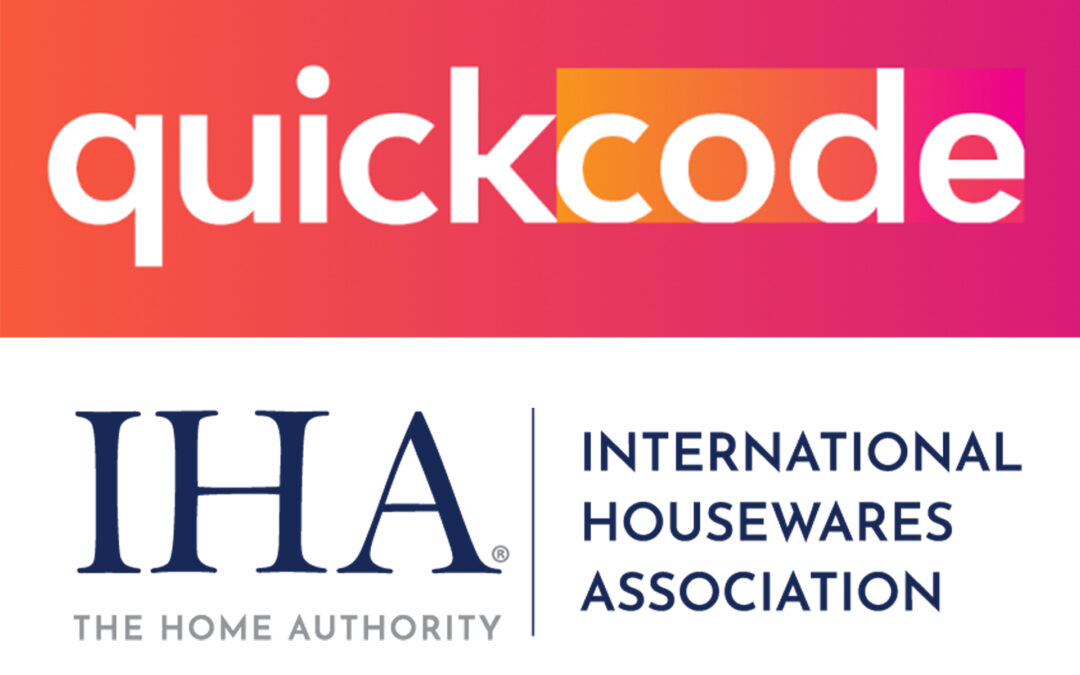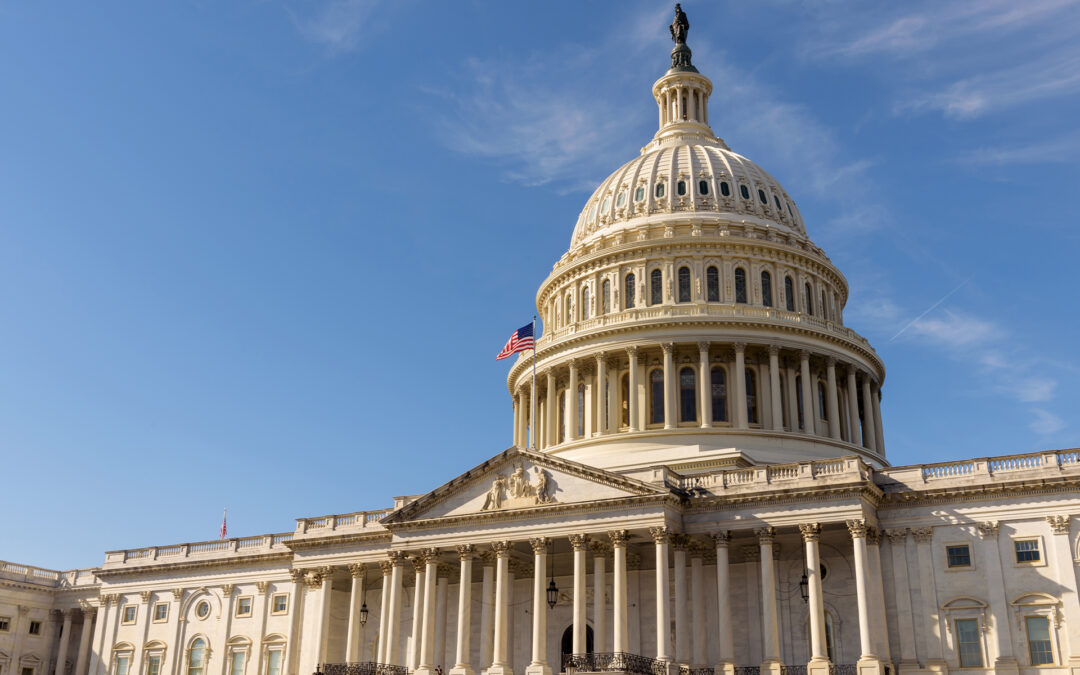The economy is slowing but growing, inflation has moderated and the Federal Reserve has suggested it’s about to lower interest rates, which suggests that the United States has dodged a recession, according to National Retail Federation chief economist Jack Kleinhenz in NRF’s Monthly Economic Review.
Even if the economy has prompted some worry over the summer, Kleinhenz points out the annualized gross domestic product growth for the second quarter got a revision up to 3% from the original 2.8% reported by the United States Department of Commerce. Consumer spending, the largest component of GDP, grew to 2.9% for the quarter after revision from 2.3%. Spending has moderated this year after acceleration in 2023’s second half, but Kleinhenz maintained that even this year “the American consumer has been resilient.”
As to inflation, the year-over-year growth in the Personal Consumption Expenditures Price Index, a metric the United State Federal Reserve favors, was at 2.5% in July, unchanged from June and only half a percentage point above the Fed’s target of 2%.
The labor market “is not terribly weak,” but it has slipped a bit, Kleinhenz said. Some114,000 jobs added in July, lower than expected, and the unemployment rate rose to 4.3% from 4.1% in June. He pointed out the unemployment rate still is within the normal range, employers are expected to add jobs even if at a slower pace than earlier this year. At the same time, price increases for goods and services shows signs coming under control and unemployment remains near historically low levels, according to NRF.
In August, Fed chairman Jerome Powell stated it looked to be time for the central bank to start lowering interest rates, and a reduction is widely expected to issue from the Fed rates meeting to be held later this month.
Kleinhenz said lower rates should eventually help U.S. households, particularly if they are using credit to address everyday needs. Lower rates will also make mortgages, home improvement loans, car financing and credit card debt more affordable, encouraging spending and increasing demand for goods and services. The rate-sensitive housing market is poised to benefit from expected Fed action. In addition, small businesses could lower financing costs on existing loans or take out fresh loans to invest in equipment and plants and/or to hire more workers.
Although August saw initial reports of rising unemployment and a slowdown in manufacturing that captured market attention, more recent data has “calmed fears of a deteriorating U.S. economy,” Kleinhenz said. “Concerns are now focused on the direction of the labor market and the possibility of a job market slowdown, but a recession is far less likely.”
He added, “The U.S. economy is clearly not in a recession, nor is it likely to head into a recession in the home stretch of 2024. Instead, it appears that the economy is on the cusp of nailing a long-awaited soft landing with a simultaneous cooling of growth and inflation.”
Fed observers now will turn their attention “to the magnitude and frequency of rate cuts and how far the federal funds rate will be reduced, Kleinhenz noted. “While lowering interest rates would be good news, it takes time for rate reductions to work their way through the various credit channels and the economy as a whole,” he added. “Consequently, a reduction is not expected to provide an immediate uplift to the economy but would stabilize current conditions.”





